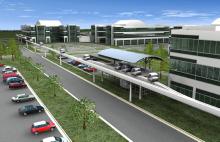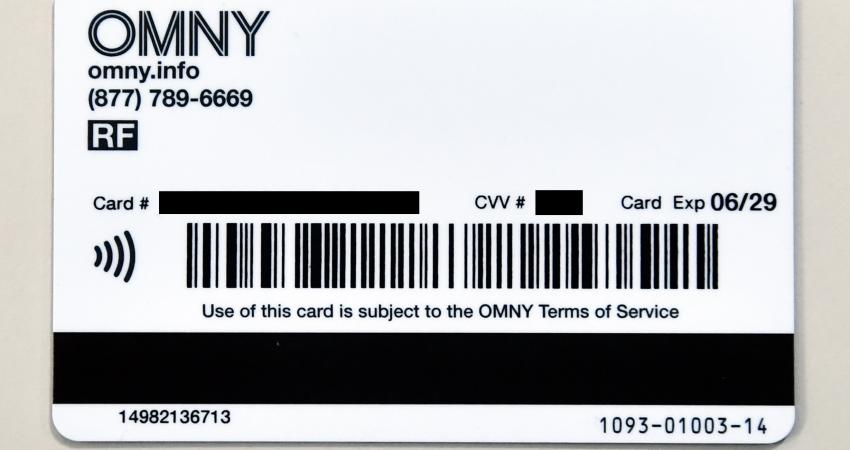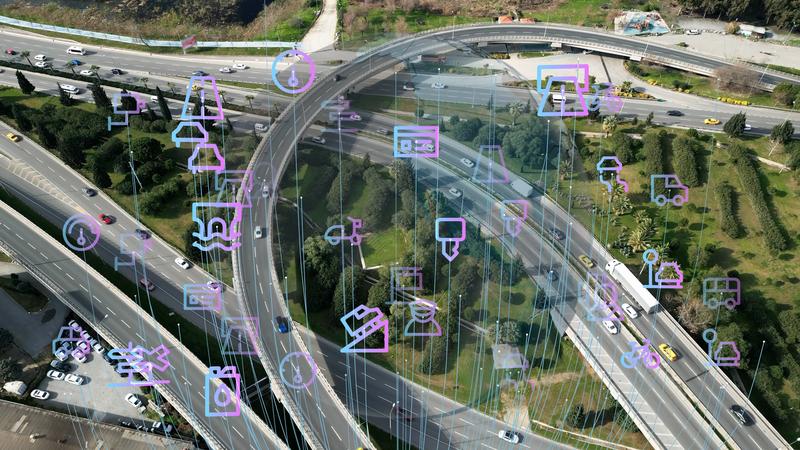The South-Korean company Chungsuk Engineering has been awarded a contract to prepare the DPR for 136 km of the Bardibas-Simara-Birgunj section of the proposed Nepal's East-West electric Railway, writes Ram Krishna Wagle from Nepal.
The South-Korean company Chungsuk Engineering has been awarded a contract to prepare the DPR for 136 km of the Bardibas-Simara-Birgunj section of the proposed Nepal's East-West electric Railway, writes Ram Krishna Wagle from Nepal. The government has asked the company to prepare a detailed design, cost-estimate and bidding documents for the construction of the electric railway based on the feasibility studies submitted by the Rites India a year ago. The Indian company has estimated the project will cost about US$11.11 billion.
Chungsuk Engineering will prepare a detailed design that includes all design and drawing of railway track, electrical traction, power system, signalling and telecom, bridge, culverts, and station building and platform.
Ram Krishna Wagle also reports that the Nepalese government has invited Chungsuk for negotiation for a feasibility study concerning a mass rapid transit (MRT) system, both underground and elevated railway or metro railway system, for Kathmandu Valley. The feasibility for the proposed scheme includes detailed analysis of the existing transport facilities, engineering of the existing transport, engineering requirement and demand analysis of the railway lines, economic and financial resettlement and the project viability on economic cost-benefit evaluation.
Chungsuk Engineering will prepare a detailed design that includes all design and drawing of railway track, electrical traction, power system, signalling and telecom, bridge, culverts, and station building and platform.
Ram Krishna Wagle also reports that the Nepalese government has invited Chungsuk for negotiation for a feasibility study concerning a mass rapid transit (MRT) system, both underground and elevated railway or metro railway system, for Kathmandu Valley. The feasibility for the proposed scheme includes detailed analysis of the existing transport facilities, engineering of the existing transport, engineering requirement and demand analysis of the railway lines, economic and financial resettlement and the project viability on economic cost-benefit evaluation.








